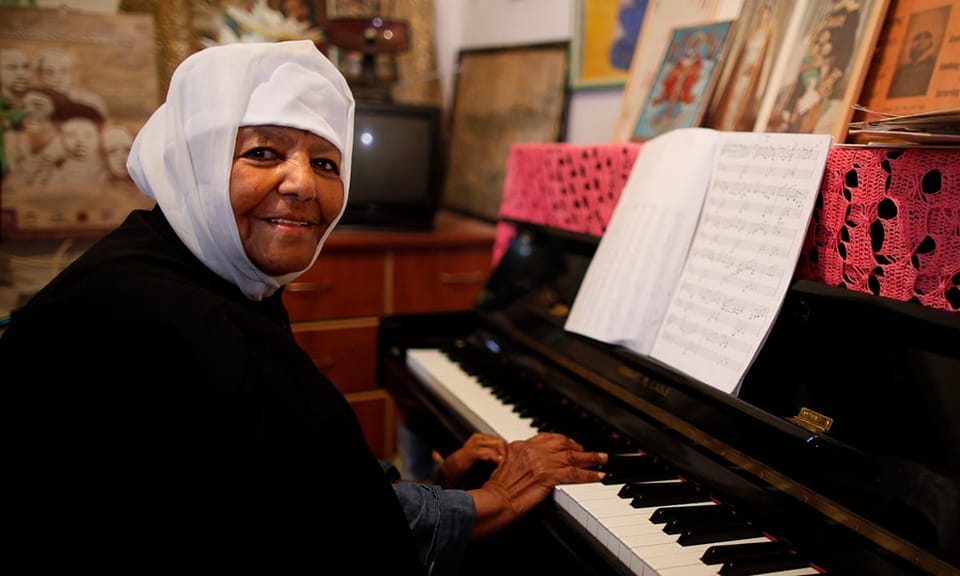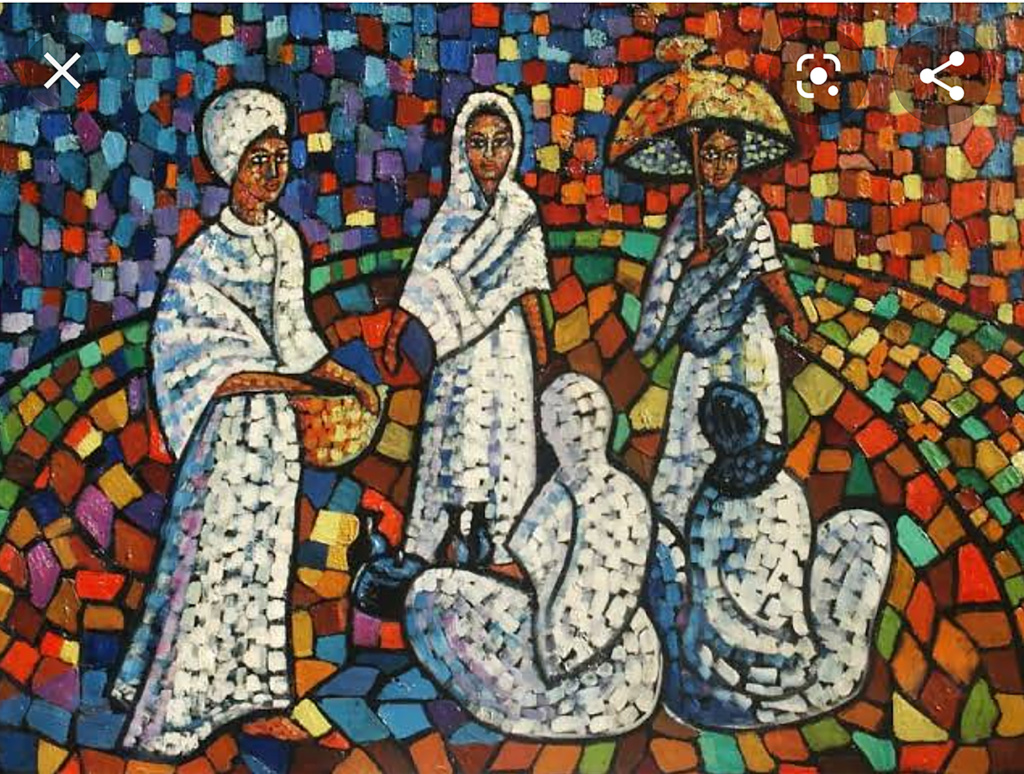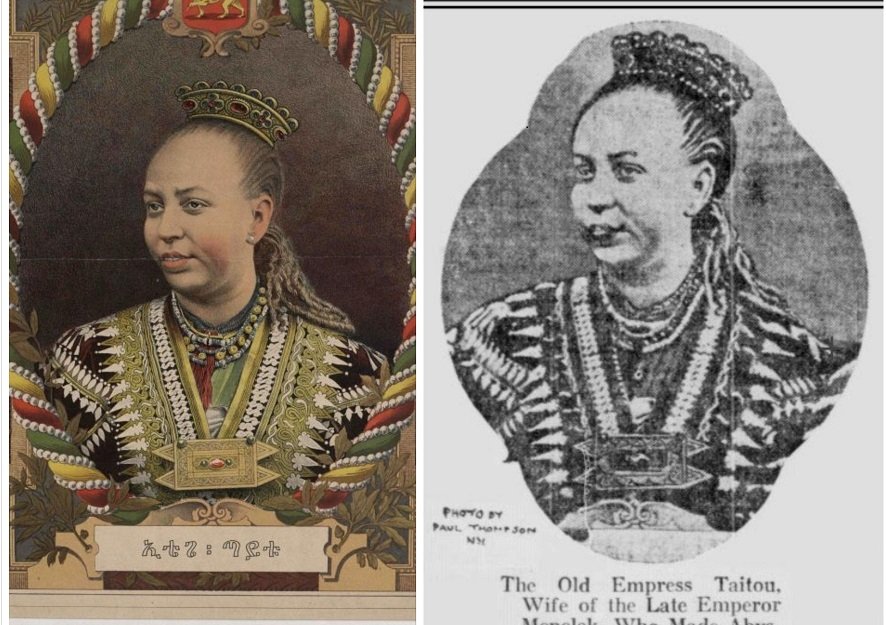The much beloved Ethiopian nun, classical pianist, violinist and composer has died at 99. She spent the last 40 years living in an Ethiopian monastery in Jerusalem, following her mother’s death in 1984 when Emahoy and her family found themselves targeted as aristocrats and had to flee the country.
Born in Addis Ababa and named Yewubdar Gebruin, at the age of six she was sent to boarding school in Switzerland, where she studied violin. In 1933 she returned to Ethiopia, where she worked in the civil service and occasionally played the violin and piano at the Emperor’s court functions. During the Second Italo-Ethiopian War she and her family were seized as prisoners of war and were sent by the Italians to a prison camp on the Italian island of Asinara. After the war Guèbrou studied under the Polish violinist Alexander Kontorowicz in Cairo and lived with him and his wife. Due to her health being affected by the climate in Cairo, Mr. and Mrs. Kontorowicz along with Yewubdar Guèbrou returned to Ethiopia where Kontorowicz was appointed as musical director of the Imperial Guard. Yewubdar was employed as Kontowicz’ assistant. However, she was offered an opportunity to study at a prominent music academy in London but was denied permission to do so by the government authorities of that time. Deeply affected by this, Yewubdar isolated herself and stopped eating for 12 days. Then, at the young age of 19, Yewubdar ran away from her family home and entered the Gishen Debre Kerbe monastery in northern Wollo and two years later took vows as a nun. She assumed the title of Emahoy (Great Mother) customary for nuns, and began to use her baptismal name, becoming Emahoy Tsegue Mariam Guebru. When Emahoy Tsige Mariam returned to Addis Ababa she began to focus on piano playing and composing. She also lived in Gondar in the 1960s where she studied Ethiopian ecclesiastic music in the tradition of St. Yared
Emahoy Tsegué-Maryam Guèbrou released her first album in 1967, donating proceeds to those in need, and she continued to use money made from her music to help raise aid for Ethiopian children orphaned by war. The Emahoy Tsege Mariam Music Foundation was also established to help children in need to study music. Her music was used in the Oscar-nominated 2020 documentary Time and in the film “Passing.” Emahoy Tsige gained international recognition when westerners “discovered” her music when the Éthiopiques Volume 21: Ethiopia Song, was released in 2006. During the course of her life, Emahoy Tsegué-Maryam composed more than 150 original works of music for piano, organ, opera and chamber ensembles.



